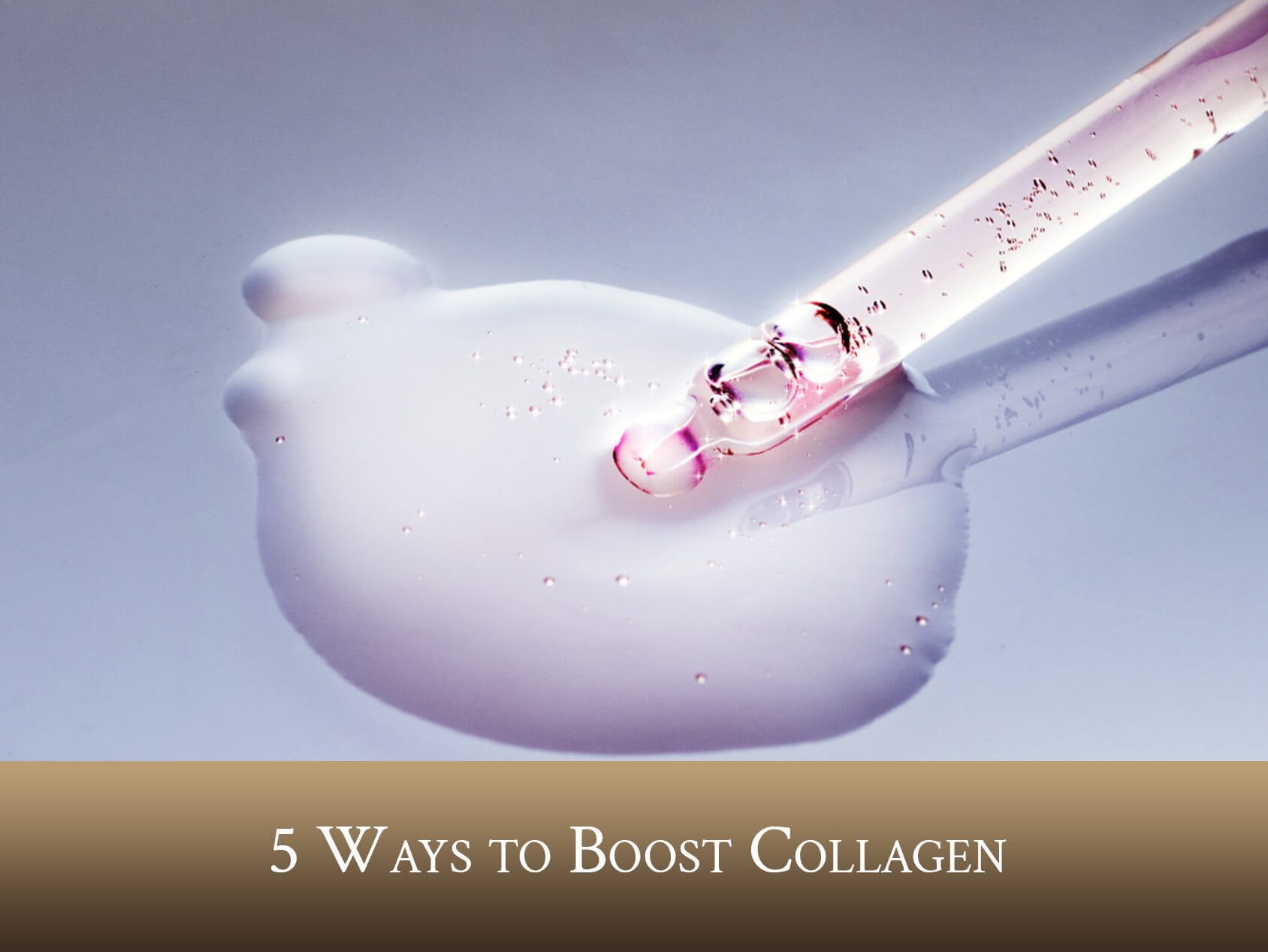Collagen is the most abundant protein in the body, playing a vital role in maintaining the skin’s elasticity and strength. As we age, collagen production naturally declines, leading to wrinkles and sagging skin. Fortunately, there are several ways to boost collagen production and keep your skin looking youthful and radiant. Let’s explore five effective methods.
1. Vitamin C for Collagen Production
One of the most important nutrients for collagen production is Vitamin C. This powerful antioxidant helps the body produce collagen by aiding in the synthesis of proline, an amino acid critical to collagen formation. Vitamin C is also essential for protecting the skin against free radicals that cause oxidative stress and accelerate the aging process.
Incorporate more Vitamin C-rich foods like oranges, strawberries, bell peppers, and broccoli into your diet. You can also apply topical Vitamin C serums to your skin for an added boost. Consuming Vitamin C regularly can help maintain skin elasticity, prevent wrinkles, and support overall skin health.
2. Stay Hydrated
Hydration is essential for maintaining skin elasticity. Drinking plenty of water helps your skin stay hydrated, which in turn supports collagen production. When the skin is hydrated, it appears plumper and smoother, reducing the appearance of fine lines. Dehydration can lead to dry, saggy skin, making it more prone to wrinkles. Aim for at least 8 cups of water per day, and supplement your hydration with water-rich foods like cucumbers, watermelon, and leafy greens. Proper hydration supports healthy skin function and encourages collagen synthesis.
3. Use Collagen Supplements
Incorporating collagen supplements into your daily routine can help increase collagen levels in your skin. Collagen peptides, available in powder, capsule, or liquid form, are easily absorbed by the body and can help restore collagen that has been lost over time. Research suggests that collagen supplements can improve skin elasticity, reduce wrinkles, and promote overall skin health. Marine collagen, derived from fish, is particularly effective for improving skin hydration and elasticity. Adding a collagen supplement to your daily regimen can give your skin a boost and help slow the effects of aging.
4. Protect Your Skin from Sun Damage
Exposure to UV rays from the sun can damage collagen fibers and accelerate the aging process, leading to premature wrinkles and sagging skin. Sunscreen is one of the most effective ways to protect collagen in the skin. Always apply broad-spectrum sunscreen with an SPF of at least 30 to your face and other exposed areas, even on cloudy days. Wear protective clothing, and sunglasses, and seek shade whenever possible to minimize UV exposure. By safeguarding your skin from the sun, you can help preserve your collagen and prevent skin damage.
5. Get Regular Exercise
Regular exercise is not only great for overall health, but it also promotes collagen production. Physical activity increases blood flow, which helps nourish the skin and encourages the production of collagen. Additionally, exercise stimulates the production of growth factors, such as human growth hormone (HGH), which plays a role in collagen synthesis. Whether it’s cardio, strength training, or yoga, regular movement helps boost circulation, which enhances skin regeneration and keeps collagen production at optimal levels.
Ready to Boost Collagen? Ask EverYoung for More Tips!
Boosting collagen is essential for maintaining youthful, radiant skin. By incorporating Vitamin C, staying hydrated, using collagen supplements, protecting your skin from the sun, and exercising regularly, you can naturally support collagen production and keep your skin looking healthy and vibrant. Have questions? Drop us a line or visit our Vancouver skin clinic in the heart of Downtown for more information.










